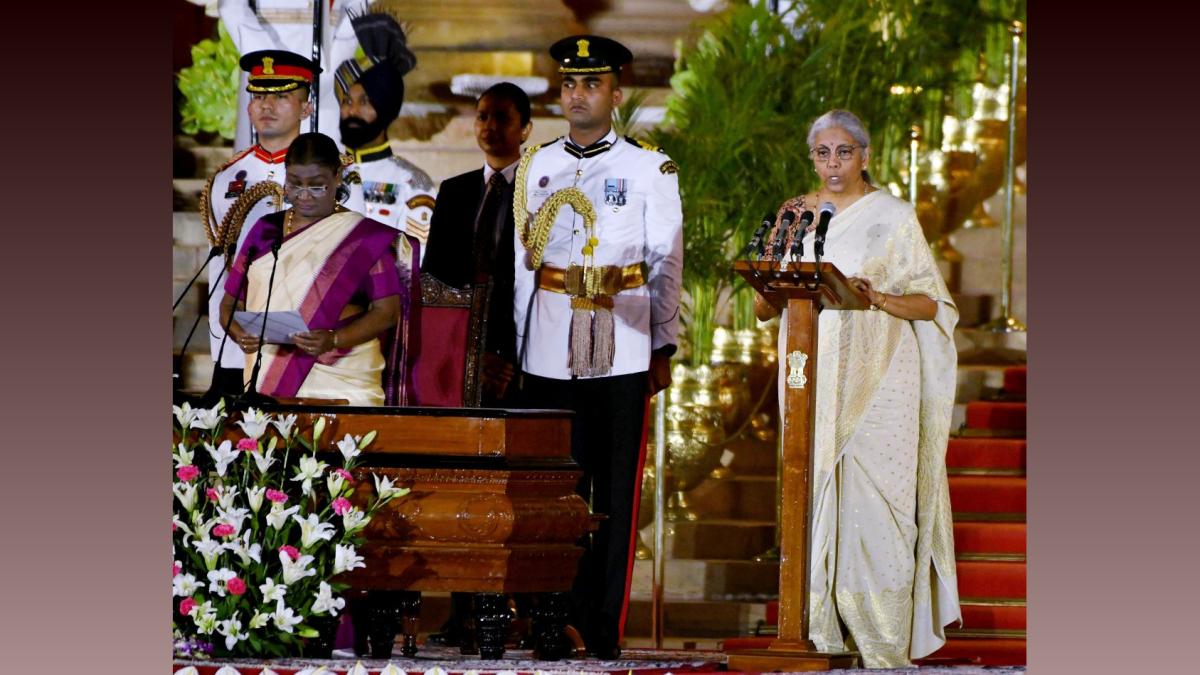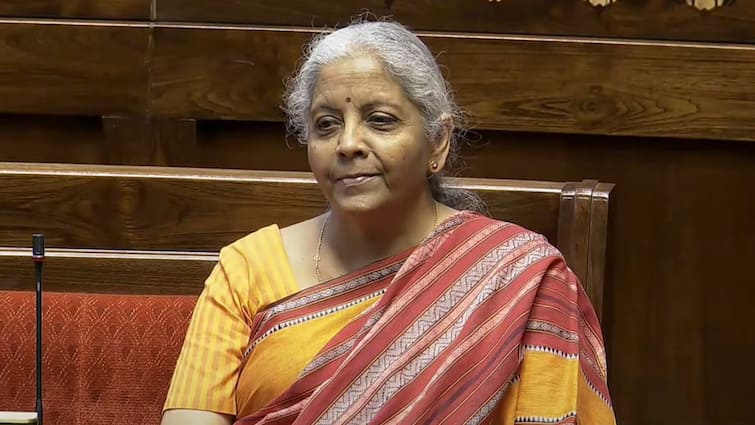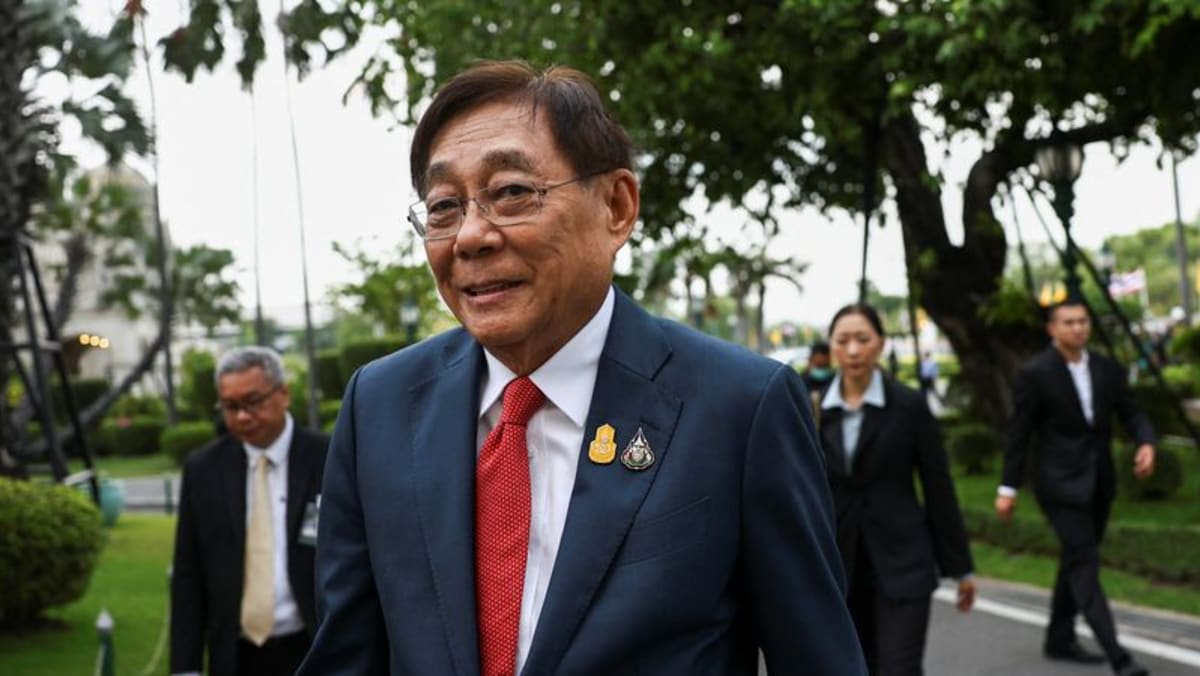India Calls for Global Finance Overhaul: Demands Fairer Systems at FFD4

At the Financing for Development Forum 4 (FFD4) held in Seville, Spain, India has strongly advocated for significant reforms within the global financial architecture. The nation’s representatives argued that current systems, particularly those governing international financial institutions and credit rating agencies, are failing to adequately address the needs of developing countries and are perpetuating inequalities.
India’s push for reform comes at a crucial time, as the global economy faces numerous challenges, including rising inflation, debt distress, and the ongoing impacts of climate change. The country believes that a more inclusive and equitable financial system is essential for sustainable development and achieving the Sustainable Development Goals (SDGs).
Key Concerns Highlighted by India:
- Lack of Representation: India voiced concerns about the insufficient representation of developing countries in key decision-making bodies within international financial institutions like the World Bank and the International Monetary Fund (IMF). This lack of voice, they argue, leads to policies that are not always aligned with the needs of these nations.
- Biased Credit Rating Agencies: The country has repeatedly criticised the methodologies used by credit rating agencies, arguing that they often fail to accurately reflect the economic realities of developing countries. This can result in inflated borrowing costs and limited access to capital. India believes these agencies need greater transparency and accountability.
- Debt Sustainability: A major point of emphasis was the need for more flexible and comprehensive debt restructuring mechanisms to help countries facing unsustainable debt burdens. The current approaches, India argued, are often too rigid and fail to provide adequate relief.
- Climate Finance: India underscored the critical importance of fulfilling the commitments made by developed countries to provide climate finance to developing nations. They stressed that this finance is vital for adaptation and mitigation efforts and for achieving climate resilience.
The Seville Forum and Future Steps:
The FFD4 provided a platform for India to raise these issues on a global stage and to engage in discussions with other countries and international organizations. While concrete outcomes from the forum are still emerging, India’s strong advocacy is expected to put pressure on key stakeholders to consider reforms. The country is likely to continue pushing for these changes within multilateral forums and through bilateral engagements.
India's call for reform is not just about national interests; it’s about creating a global financial system that is fairer, more inclusive, and better equipped to address the challenges of the 21st century. The success of the SDGs and the overall stability of the global economy may well depend on it.
The debate surrounding these reforms is complex and will likely continue for some time. However, India's proactive stance demonstrates a commitment to shaping a more equitable and sustainable global financial landscape. The focus now shifts to translating these discussions into tangible action and ensuring that the voices of developing countries are heard and respected in the global financial system.






